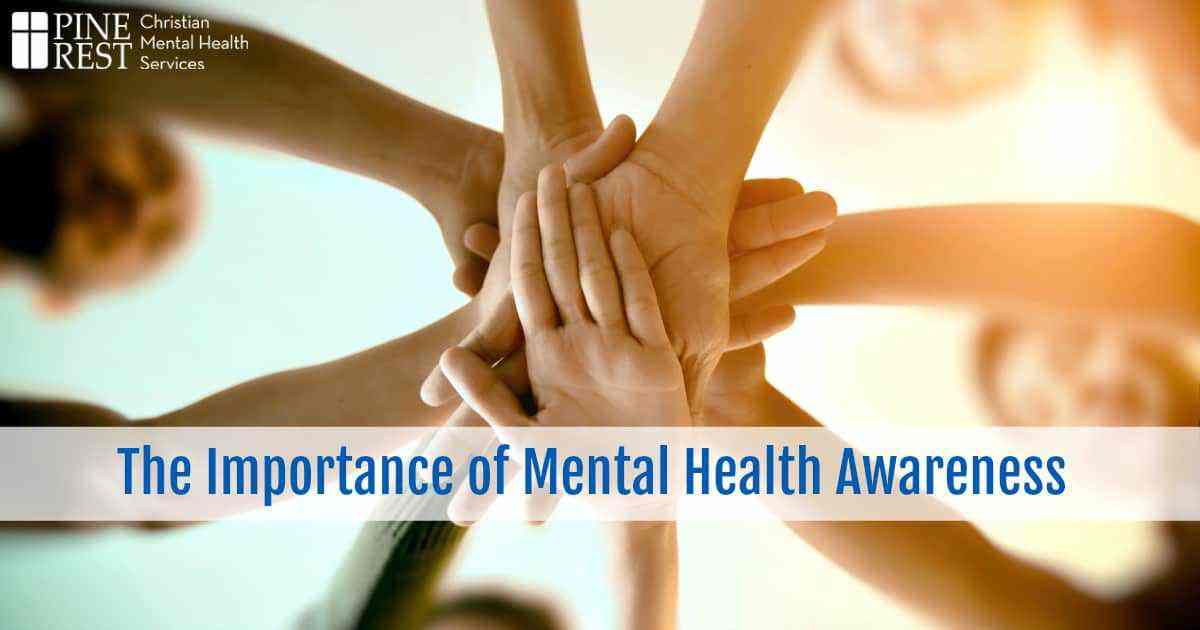What is mental health?
Mental health includes our psychological, emotional, and social well-being. It affects how we feel, think, and act. It also helps determine how we handle stress, relate to others, and make choices. Mental health is important at every stage of life, from childhood to adolescence through adulthood.
Over the course of your life, if you experience mental health problems, your thinking, mood, and behaviour could be affected. Many factors contribute to mental health problems, including:
- Biological factors, such as genes or brain chemistry
- Family history of mental health problems
- Life experiences, such as trauma or abuse
Mental health problems are common but help is available. People with mental health problems can get better day by day and many recover completely.
Not sure if you or someone you know is living with mental health problems? Experiencing one or more of the following feelings or behaviours can be an early warning sign of a problem:
- Eating or sleeping too much or too little
- Pulling away from people and usual activities
- Inability to perform daily tasks like taking care of your kids or getting to work or school
- Having low or no energy
- Feeling numb or like nothing matters
- Having unexplained aches and pains
- Feeling helpless or hopeless
- Smoking, drinking, or using drugs more than usual
- Having persistent thoughts and memories you can't get out of your head
- Yelling or fighting with family and friends
- Experiencing severe mood swings that cause problems in relationships
- Having persistent thoughts and memories you can't get out of your head
- Hearing voices or believing things that are not true
- Thinking of harming yourself or others
The Importance of Mental Health Awareness
Mental illnesses affect 19% of the adult population, 46% of teenagers and 13% of children each year. People struggling with their mental health may be in your family, live next door, teach your children, work in the next cubicle or sit in the same church pew.
However, only half of those affected receive treatment, often because of the stigma attached to mental health. Untreated, mental illness can contribute to higher medical expenses, poorer performance at school and work, fewer employment opportunities and increased risk of suicide.
What You Can Do to Help?
Although the general perception of mental illness has improved over the past decades, studies show that stigma against mental illness is still powerful, largely due to media stereotypes and lack of education, and that people tend to attach negative stigmas to mental health conditions at a far higher rate than to other diseases and disabilities, such as cancer, diabetes or heart disease.
Stigma affects not only the number seeking treatment, but also the number of resources available for proper treatment. Stigma and misinformation can feel like overwhelming obstacles for someone who is struggling with a mental health condition. Here a few powerful things you can do to help:
- Showing individuals respect and acceptance removes a significant barrier to successfully coping with their illness. Having people see you as an individual and not as your illness can make the biggest difference for someone who is struggling with their mental health.
- Advocating within our circles of influence helps ensure these individuals has the same rights and opportunities as other members of your church, school and community.
- Learning more about mental health allows us to provide helpful support to those affected in our families and communities.









Comments (0)
No comments yet. Be the first to share your thoughts!
Leave a Comment